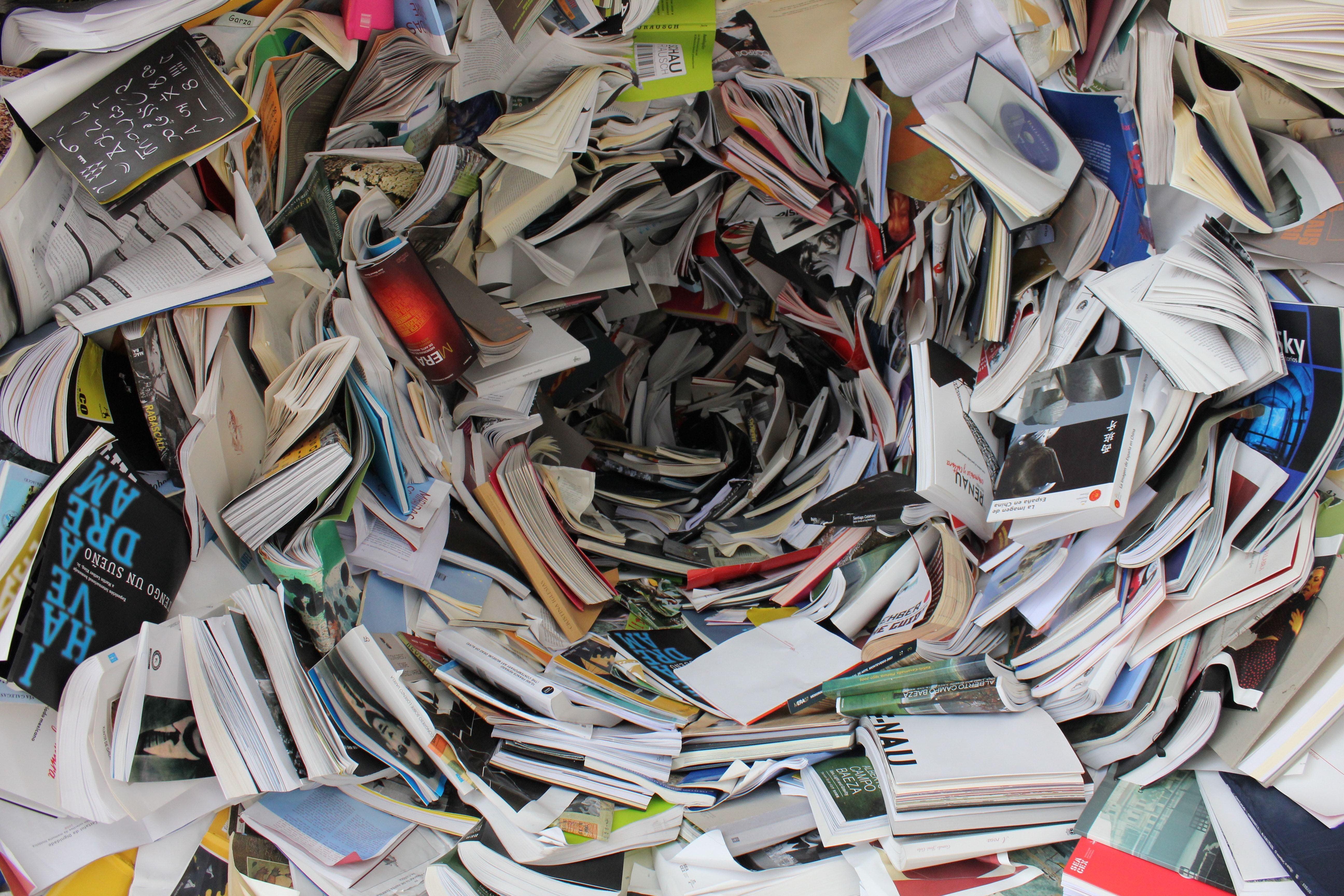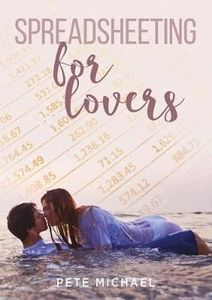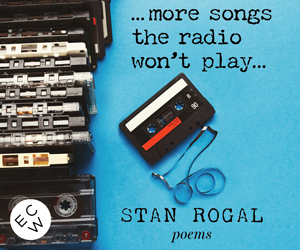Have You Hugged Your Google Sheets Lately? How Spreadsheets Helped Me Create Space for My Trauma
By Chelene Knight
Coffee, walking your dog, getting ready for work, breakfast, more coffee, what you missed on Twitter while you were asleep, what fires to fight on Twitter, what fires to diffuse on Twitter, getting more of your current work-in-progress written. These are all examples of things the majority of us will think about during the first five minutes of being awake. But not me, not now. This may have rung true for me at some earlier, less creative, and less busy point in my life, but lately, I’ve been waking up with spreadsheets on the brain. And not your usual numbers, math, equation-y type spreadsheets but the brain-dump ones. Ok, let me explain.
A few weeks ago my partner and I were watching a movie on Netflix. He was really into it, predicting every possible plot twist, suggesting edits for the dialogue (because everyone magically becomes a writer when they are watching a movie, right?)—he put his whole brain into that movie, into that one task.
But what was happening in my head was a bit different. A lot different. I couldn’t focus on the general plot let alone fine-tuning the dialogue. I couldn’t slow down. What was happening in the movie became an out-of-focus backdrop for what was racing through my mind. And not because the movie wasn’t engaging or artfully done, but because my mind was spinning at such an unstoppable speed I could only focus on the revolving information in my head. Since I’m a writer I always have writerly things at my fingertips (things like snacks, paper, pens, and Twizzlers). I instinctively grabbed a pad of paper from underneath the coffee table and began jotting some of these things down in an attempt to free up space in my head. I half-expected to immediately feel relief, but I didn’t. I panicked. But this is usually what I do when I have ideas for pieces of writing—I jot them down and I immediately feel better. Why was this particular inability to focus so different? I sat there frustrated and feeling even more frazzled because now my mish-mash of disorganized information was existing in two places, and I was also getting side-looks for not paying attention to the movie.
I looked down at the page:
- random (yet important) deadlines
- random dates
- bit and pieces of hotel and flight itinerary information for three different upcoming trips
- reminders
- meeting topics
I sat with this for a bit. I asked myself a few questions:
Q1. Was it that I needed to just get the info out like I do when writing?
A1. No, that wasn’t it because that initial paper brain-dump I did only moments before did not work.
Q2. Was it that I needed to organize, prioritize, and create a separate space for the info and make myself accountable by adding dates, colour codes, and updates on progress?
A2. *insert lightbulb emoji here*
I whipped open my laptop and started a google sheet.
Your CanLit News
Subscribe to Open Book’s newsletter to get local book events, literary content, writing tips, and more in your inbox
What is a spreadsheet? Is it an electronic document in which data is arranged in rows and columns of a grid and can be manipulated and used in calculations?
Or is it poetry? Lines that leap and merge—creating art. Each box or square holding a bit of information that can affect the square beside it, below it, above it…
Oh, and the tabs ...
Wonderful! I love spreadsheets, so what? How does this tie in to trauma? What I have learned from my personal experience is this: When I experience trauma, I carry bits and pieces of it with me all the time. Some days, those bits and pieces are big and brick-heavy, massive and unmoveable boulders, and cumbersome like awkward-shaped pieces of aluminum siding. Other days the pieces of trauma can be soft and light. They can be “nude” or barely there, like flecks of black pepper, pocket lint, or a tightly wrapped piece of hard candy; small and manageable. Each day is different. With all of this in my head, the moment I had to add basic things like, advertising deadlines, content creation, etc, I couldn’t wedge it, I couldn’t make it fit. But if I did make it fit, the space was just too tight.
One week prior to Netflix fiasco, I had someone say something that reopened one hundred old wounds. Things I thought I was “done” with, things I thought would never bother me or hinder me ever again. My mind was a washing machine of mundane information, inspirational business ideas, and terrible, painful memories. Whoosh, whoosh, whoosh.
*insert spreadsheet here*
*take a dramatic bow in slow motion to the spreadsheet*
For me, the spreadsheet is a permanent house (that I OWN) where I can neatly drop all the bits and pieces of life that I have to pick up on a daily basis. This in turn allows me to control the space (in my head) that I need to live, write, work, and breathe.
But what do we really have control over?
Here’s what we cannot control:
- When, how, or why we experience trauma
- When, how, or why we are triggered or retriggered
- How much space the aftershocks take up
I’ve heard folks around me whisper about my organizational “skills” or say things like “I wish I was that organized.” But let me be the first to tell you that it is difficult. And although organizing the daily tasks helps me make space for the bricks, boulders, and pieces of hard candy, I still recognize that there are certain aspects of my life that I do not have control over. Creating space to exist in my own mind has now been categorized under the “basic necessities” column. It is the constant. It remains unchanged while everything around it shifts, changes colour through the seasons, packs itself up, and moves in and out. I’ve enjoyed creating physical space for so long, so it only seemed like a natural next step to make some mental space for myself.
The views expressed by Open Book columnists are those held by the authors and do not necessarily reflect the views of Open Book.
Chelene Knight is the author of the poetry collection Braided Skin and the memoir Dear Current Occupant, winner of the 2018 Vancouver Book Award. Her essays have appeared in multiple Canadian and American literary journals, plus the Globe and Mail and the Toronto Star. Her work is anthologized in Making Room, Love Me True, Sustenance, The Summer Book, and Black Writers Matter.
The Toronto Star called Knight, “one of the storytellers we need most right now.” In addition to her work as a writer, Knight is managing editor at Room, programming director for the Growing Room Festival, and CEO of #LearnWritingEssentials. She often gives talks about home, belonging and belief, inclusivity, and community building through authentic storytelling.
Knight is currently working on Junie, a novel set in Vancouver’s Hogan’s Alley, forthcoming in 2020.


